Differences and similarities between words
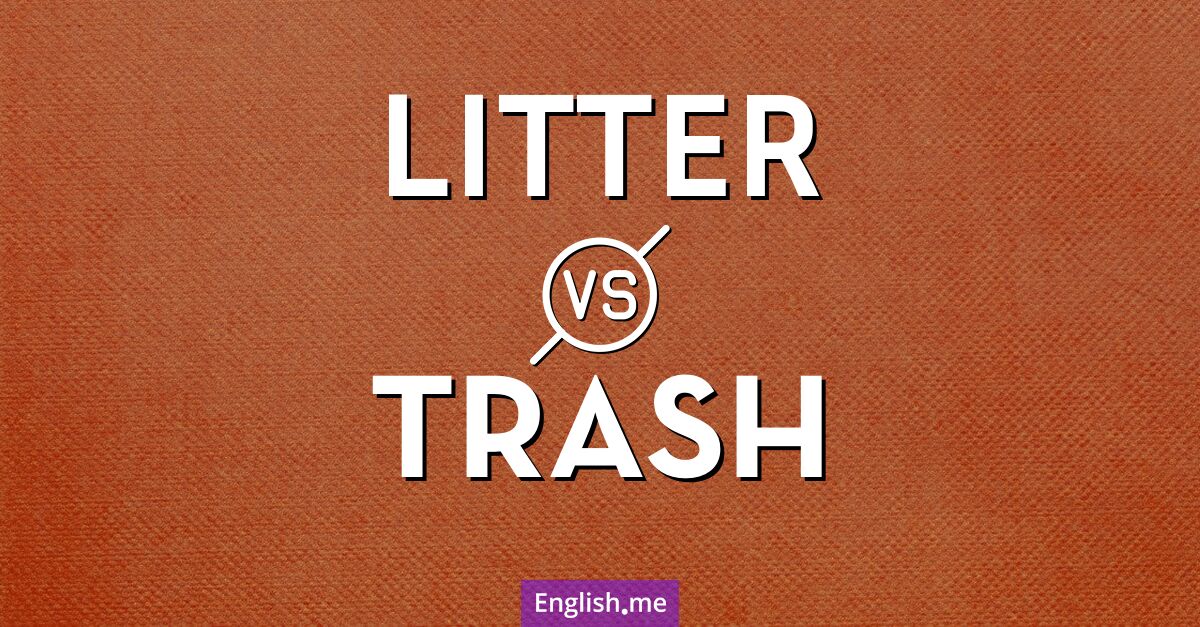
"Litter" vs. "trash": understanding the language of waste
Litter specifically implies items scattered or left carelessly in public ... Learn more →
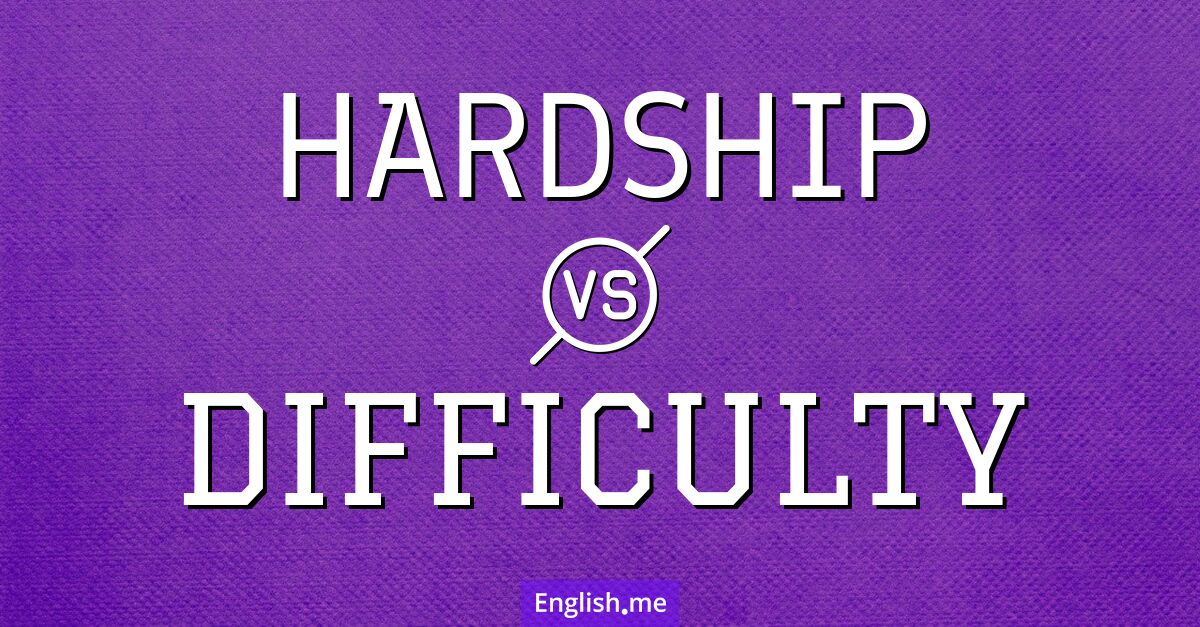
"Hardship" vs. "difficulty": exploring the nuances of struggle
The word "hardship" often implies a prolonged, more intense challenge ... Learn more →
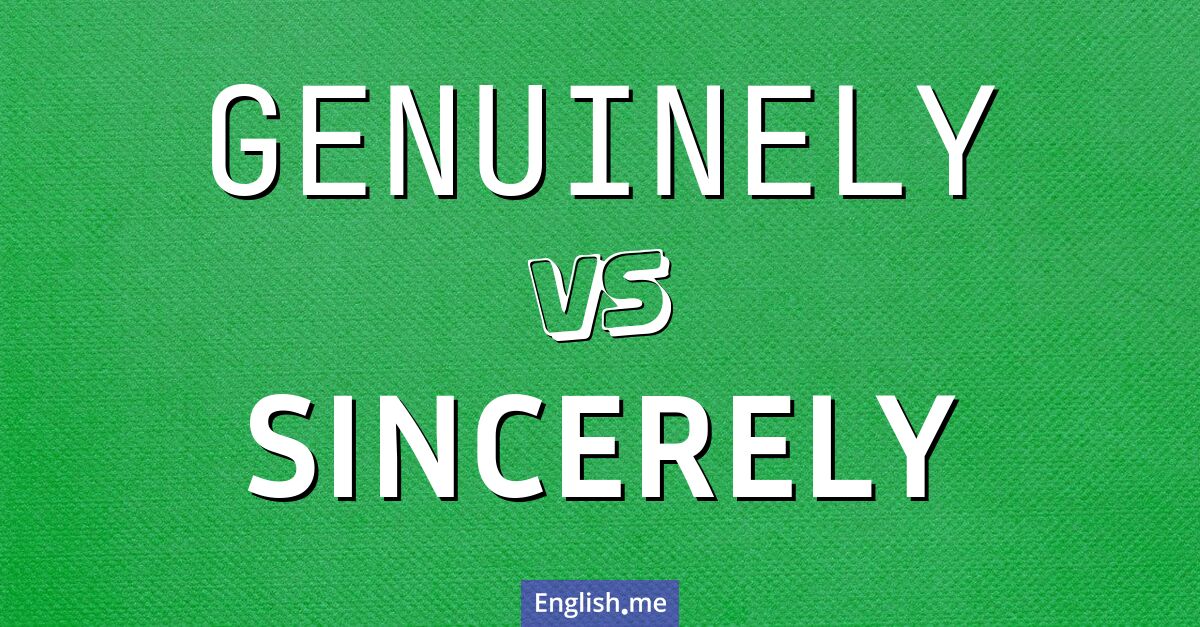
Unpacking authenticity: "genuinely" vs. "sincerely"
While "genuinely" emphasizes authenticity and the true nature of something, ... Learn more →
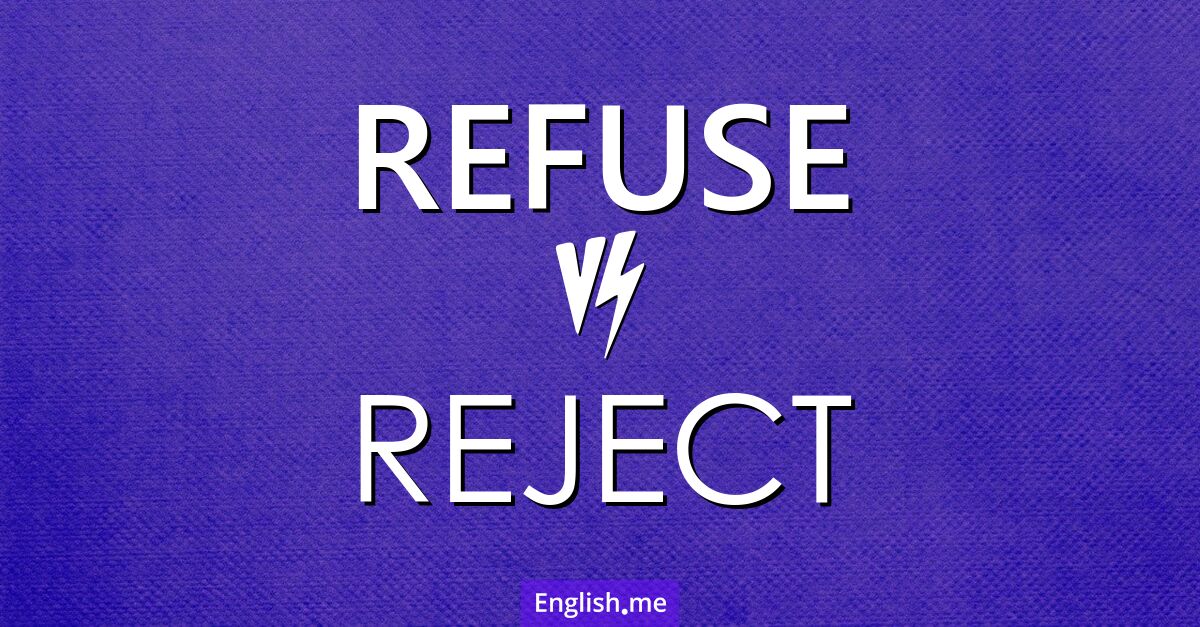
"Refuse" vs. "reject": exploring the nuances of denial
The word "refuse" can imply a personal decision or denial, ... Learn more →
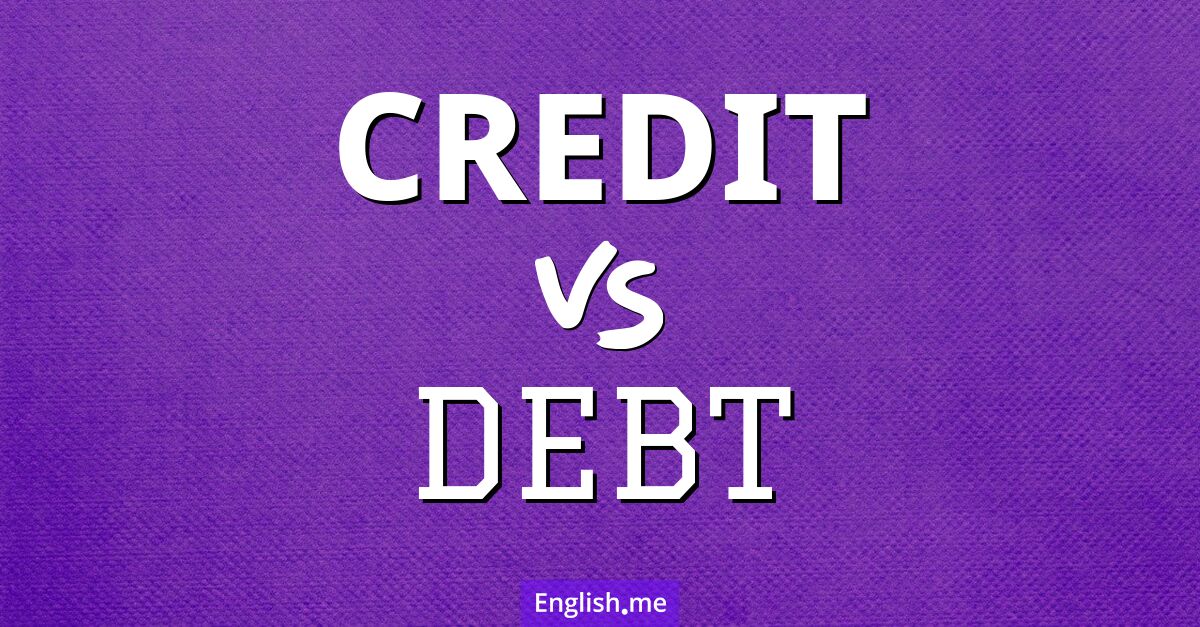
"Credit" vs. "debt": two sides of the financial coin
"Credit" refers to the trust allowing one party to provide ... Learn more →
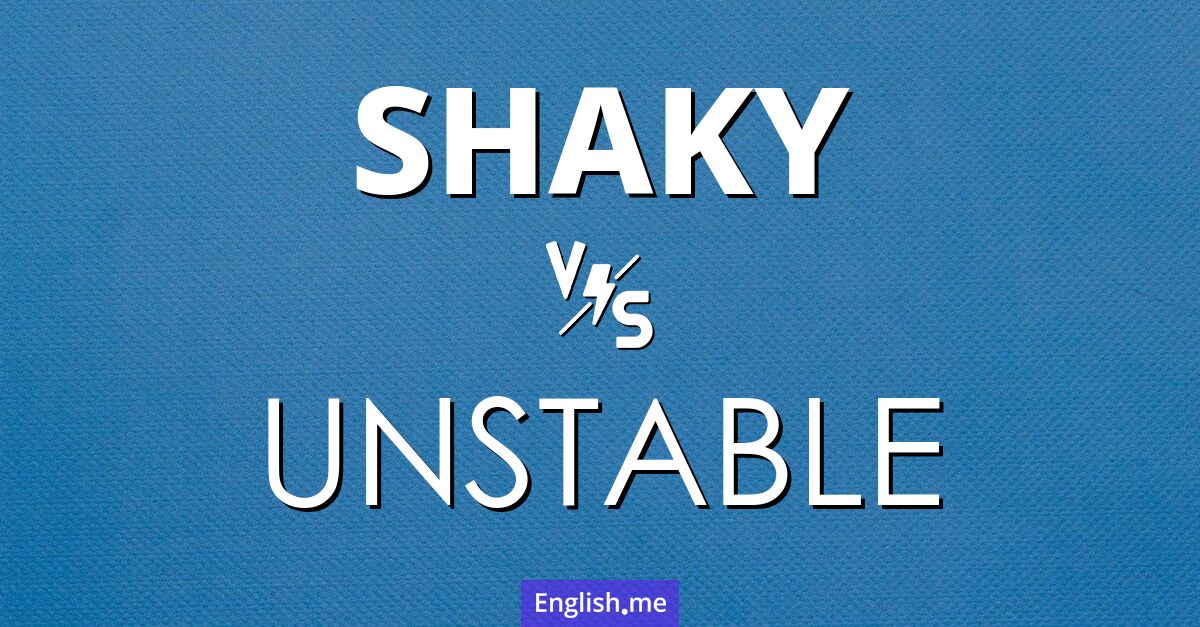
"Shaky" vs. "unstable": a linguistic balancing act
Shaky often implies a wobbly or trembling physical state and ... Learn more →
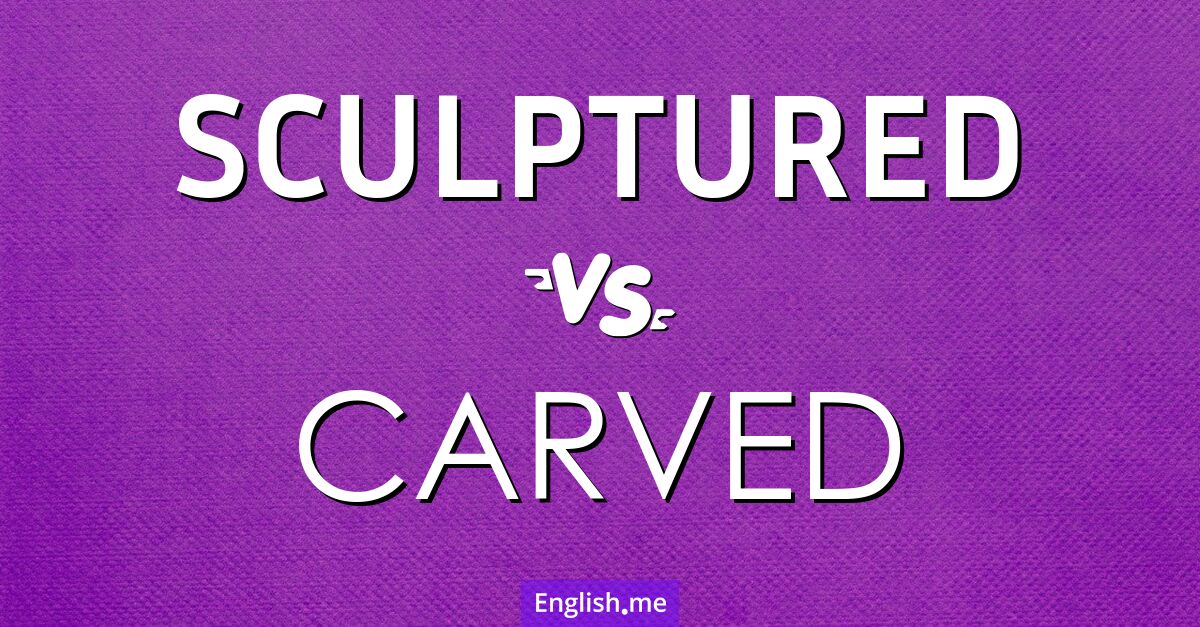
Chiseling out meaning: "sculptured" vs. "carved"
The term "sculptured" often implies a more artistic or crafted ... Learn more →
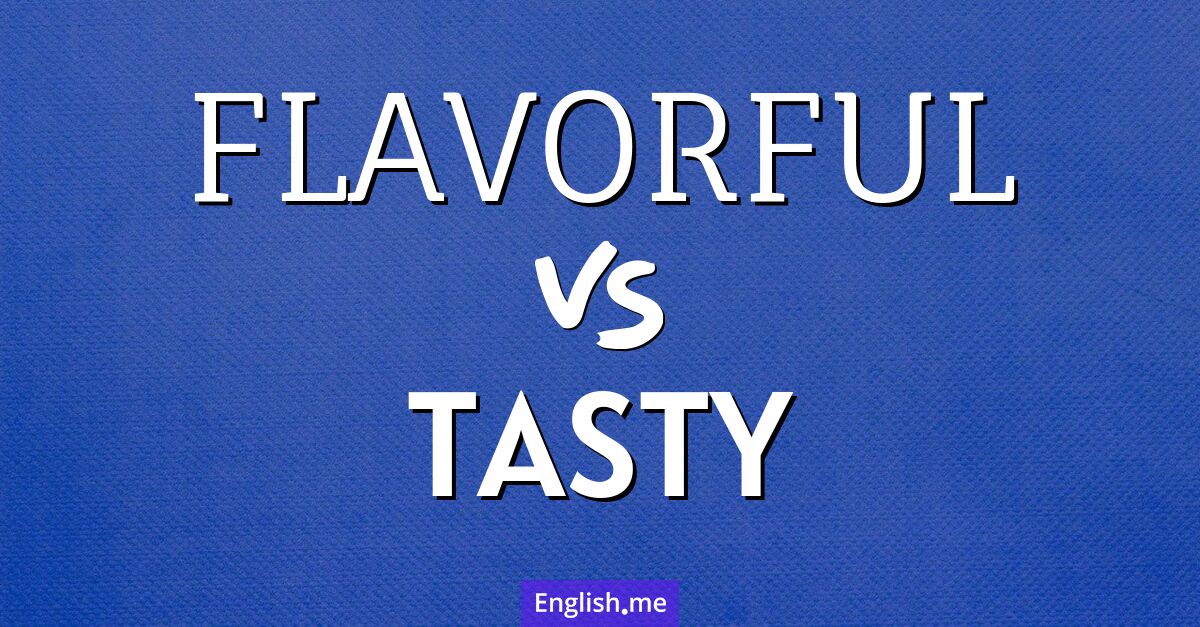
"Flavorful" vs. "tasty": a linguistic taste test
While "tasty" generally means that something is delicious or has ... Learn more →
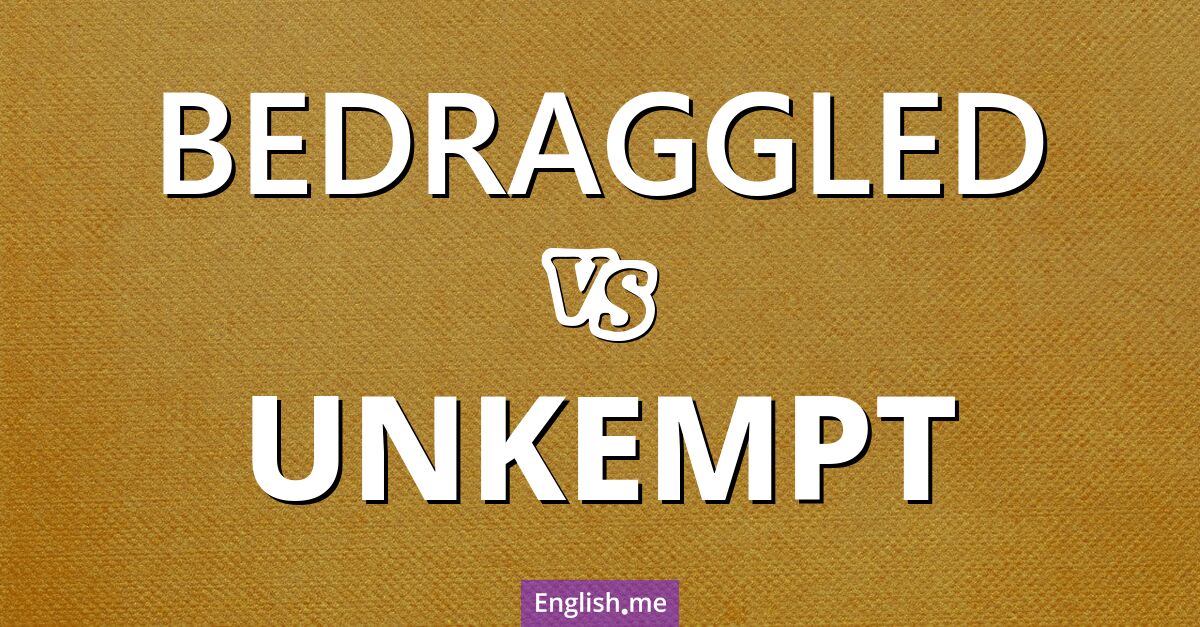
"Bedraggled" vs. "unkempt": distinguishing the delightfully disheveled
Bedraggled implies being wet and dirty, often as a result ... Learn more →
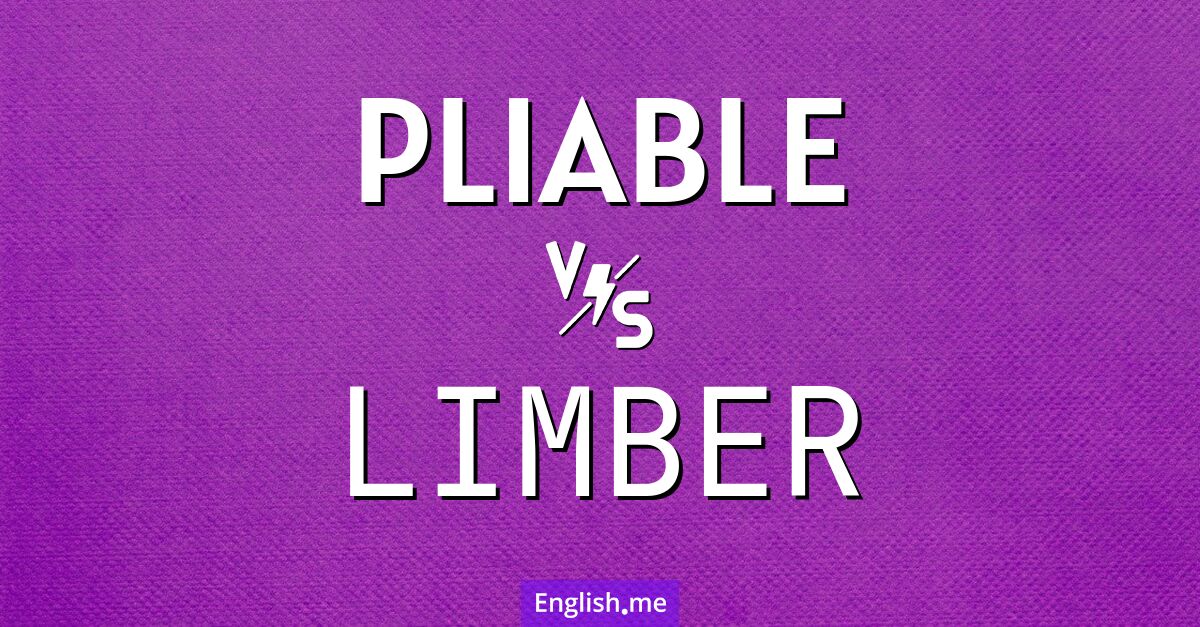
Flexing vocabulary: the nuances of "pliable" vs. "limber"
"Pliable" often refers to the ability to be easily bent ... Learn more →

 English
English español
español française
française italiano
italiano deutsche
deutsche 日本語
日本語 polski
polski česky
česky svenska
svenska Türkçe
Türkçe Nederlands
Nederlands